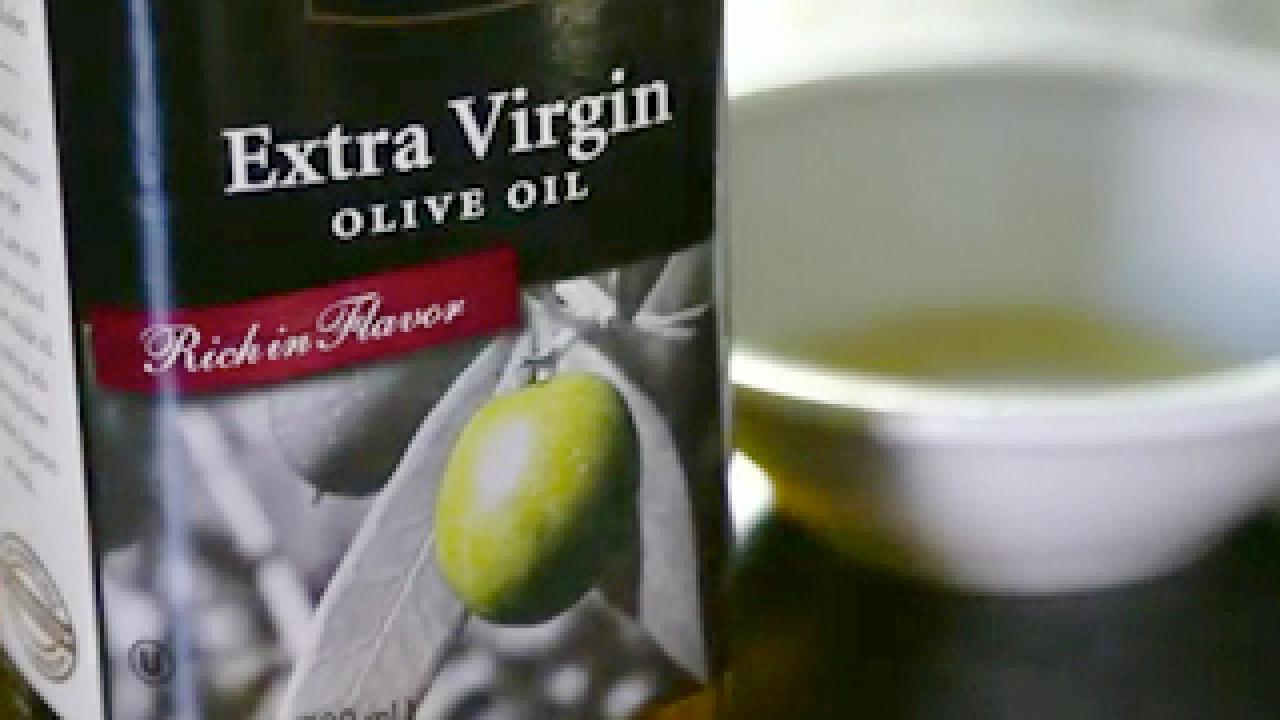The UC Davis Olive Center has launched a new testing program to provide sensory and chemical evaluation of olive oil samples, an initiative designed to help retailers and wholesalers better ensure the quality of olive oil available to consumers.
Recent studies conducted by the UC Davis Olive Center have indicated that much of the imported olive oils sold at retail stores and wholesale to restaurants is substandard.
“The new testing program will enable the Olive Center to help retailers and wholesalers correct that situation, by providing accurate chemical and sensory testing of commercial olive oils,” said Dan Flynn, executive director of the UC Davis Olive Center. “We look forward to confirming the high quality of many olive oils and identifying those olive oils that prove to be of substandard quality.”
The testing program, developed with olive-oil retailers and wholesale buyers, processors and importers in mind, is conducted in partnership with the UC Davis Analytical Laboratory, which will perform the chemical testing procedures.
The laboratory is the only analytical facility in the United States providing tests for the compounds 1,2-diacylglycerol and pyropheophytins, both standards for olive oil used in Germany and Australia.
In addition, sensory analysis will be conducted at the Olive Center by a panel of at least eight trained olive-oil tasters. They will examine the olive oil samples for positive attributes such as fruitiness, bitterness and pungency, and defective attributes such as rancid, muddy, musty or vinegary characteristics. The sensory panel provides the standard analysis required by the International Olive Council as well as a full descriptive analysis of each oil sample.
Information on testing fees and how to submit an olive-oil sample is available online.
The UC Davis Olive Center was founded in 2008 as the first university-based olive research and education center in North America. As a self-funded university center, it continues the university's century-old effort to assist California's olive producers and processors as their industry enters a renaissance, with novel farming techniques and rising consumer demand for olive oil and table olives. The center's collaborative efforts have produced research in food chemistry, mechanical harvesting, olive fruit fly control, olive processing and sensory evaluation of olive oil. This research provides opportunities for graduate students to receive scientific training and earn advanced degrees.
Media Resources
Pat Bailey, Research news (emphasis: agricultural and nutritional sciences, and veterinary medicine), 530-219-9640, pjbailey@ucdavis.edu
Dan Flynn, UC Davis Olive Center, (530) 752-5170, jdflynn@ucdavis.edu
